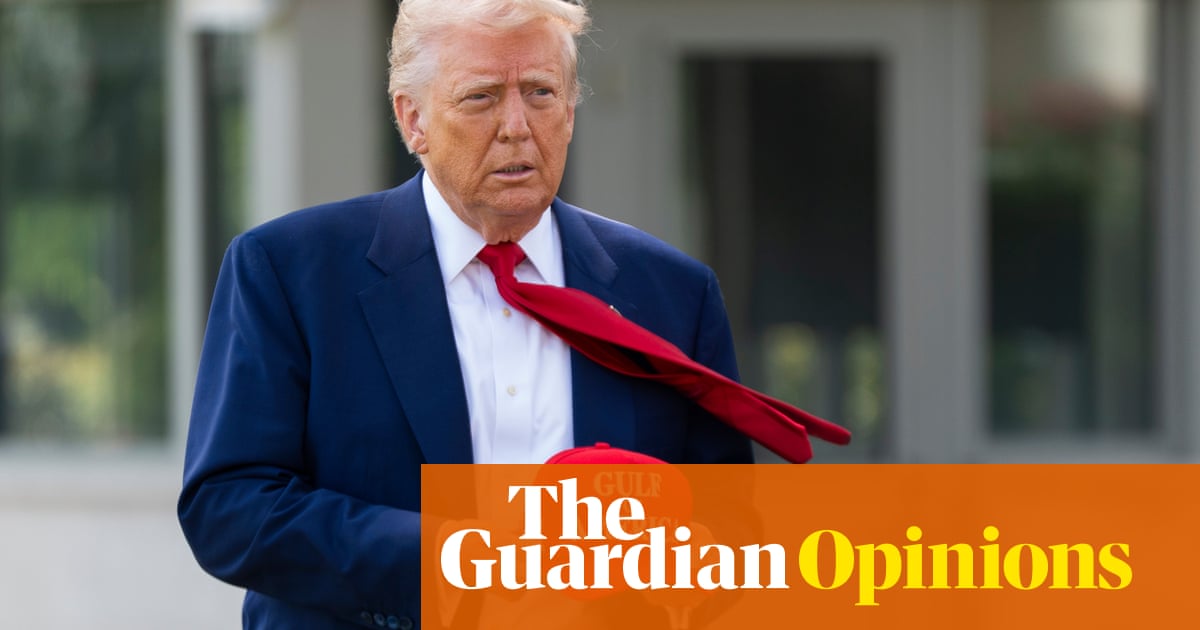Sidney Blumenthal: Trump's Impact After 100 Days

In the 2024 election, Donald Trump secured a narrow victory, with a 1.5 percentage point lead nationally. Despite the slim margin, Trump asserted he had an enormous mandate for a counterrevolution, focusing primarily on immigration and inflation. He demonized immigrants, raised concerns about transgender people, and racialized his Democratic opponent, Vice-President Kamala Harris. Marginal voters, swayed by fears of economic insecurity, conflated immigration and inflation, falsely viewing migrants as economic competitors. Trump's approach in his second term involves reversing successes into failures, addressing non-existent problems with ineffective policies.
Prior to Trump's actions, the U.S. economy was thriving. An Economist cover story in October 2024 highlighted America's economic lead over other rich countries. Federal Reserve Board Chair Jerome Powell had initiated interest rate cuts, signaling a "soft landing" of low inflation and high employment. However, Trump's imposition of astronomical tariffs on nearly every country, influenced by his advisor Peter Navarro, disrupted this progress. Navarro's economic advice, marked by dubious academic references, is widely discredited. Powell responded by warning of "higher inflation and slower growth," halting rate cuts and destabilizing the market. Trump's musings about firing Powell further unsettled the economy.
Trump's actions have had unprecedentedly swift and damaging economic consequences, reminiscent of the Smoot-Hawley Tariff Act of 1930, which deepened the Great Depression. Critics, like former British foreign minister William Hague, have drawn parallels between Trump's policies and those of Herbert Hoover. Trump's pattern involves claiming omnipotence, disclaiming responsibility when issues arise, and blaming others for the resulting misfortunes. His track record includes financial mismanagement, such as squandering a substantial inheritance through multiple bankruptcies, and failures during his first presidential term, including his handling of the Covid pandemic and the January 6 insurrection.
Trump's stance on immigration, initially a strong point, has weakened due to his disregard for due process and controversial actions. His economic policies have decoupled immigration as a primary economic cause, diminishing its effectiveness as a demagogic tool. Similarly, his demonization of "radical left elites" and other groups is losing traction as the economy falters, exposing his actions as personal vendettas. The benefits of his policies are not reaching voters, and alliances with figures like Elon Musk have become liabilities, diminishing their influence.
The impending recessionary stagflation, a consequence of Trump's policies, is proving difficult to reverse. His frustration with the Federal Reserve reflects his entrapment in a self-made failure. Even if he were to change course, the damage is done, with lasting harm to supply and demand, consumer confidence, the bond market, and the dollar. Other nations are reorganizing global trade, empowering China in the process. Ultimately, Trump's actions have undermined his own agenda.
Trump's actions are enabled by the complicity of Republicans in Congress, who have failed to restrain his use of emergency powers based on fictitious justifications. They have allowed him unchecked authority, refusing to challenge his executive orders or investigate his administration's actions. Trump's foreign policy ventures, including those related to Ukraine and China, have been unsuccessful. Attempts to annex Canada and Greenland have been met with widespread opposition and ridicule. At his 100-day mark, Trump is the most unpopular president in recorded polling history, failing to address inflation and immigration effectively. His culture war against various institutions and reason itself lacks a legitimate mandate.
Trump's administration faces numerous legal challenges, with a high volume of complaints filed against it. Trump continues to break the law and justify his actions, claiming he is saving the country while, in reality, he is wrecking it. He is a recidivist, repeating mistakes and patterns of behavior that have led to negative outcomes in the past.











